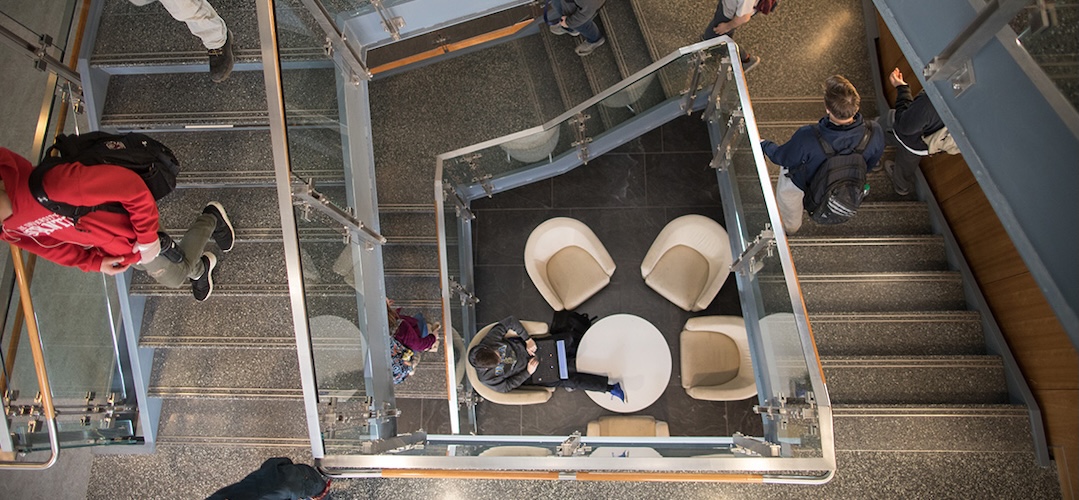Nursing Home Administration: Enhancing Resident Care Through Skilled Management

Providing high-quality care for nursing home residents is a complex, ongoing effort that requires strong leadership, comprehensive planning, and a commitment to resident-centered practices. Nursing home administration professionals are at the heart of this work, striving not only to meet clinical standards but also to improve the overall experience and satisfaction of residents. With a growing population of elderly individuals requiring long-term care, the need for skilled nursing home managers has never been greater.
Understanding the Landscape of Nursing Home Care
Approximately 1.4 million elderly and disabled individuals received care in nursing homes across the United States in 2023. These facilities serve as both healthcare providers and residential communities, meaning administrators must strike a balance between medical excellence and compassionate, human-centered care.
A key factor in achieving this balance is communication. Successful administrators foster a culture of transparency and collaboration among staff, residents and their families. This community approach helps minimize patient suffering by ensuring proper medication management, timely interventions and responsive support.
Core Responsibilities of Nursing Home Managers
Nursing home managers wear many hats, overseeing both clinical and operational functions. To be effective, they must:
- Understand medical terminology, gerontology and key aspects of patient care.
- Coordinate with healthcare professionals to monitor residents' health and respond to emerging needs.
- Manage staff hiring, training and performance.
- Ensure regulatory compliance and maintain accurate medical records.
- Oversee budgeting, billing and financial operations.
These nursing home administration responsibilities require not only healthcare knowledge but also strong administrative and leadership skills — qualities that can be developed through advanced degrees such as an MBA in Healthcare Management.
Nursing Home Administration Strategies for Delivering High-Quality Resident Care
To ensure optimal resident outcomes, nursing home managers must take both administrative and humanistic approaches.
Administrative best practices:
- Conduct comprehensive background checks during the hiring process.
- Provide thorough staff training in care techniques and interpersonal communication.
- Establish and regularly update transparent operational policies and emergency procedures.
- Maintain clean, safe and well-equipped facilities.
- Ensure residents have consistent access to qualified healthcare professionals.
Human-centered care practices:
- Empower residents to make choices about their daily routines.
- Create inviting common areas that encourage socialization.
- Maintain adequate staffing levels to avoid delays in care.
- Facilitate ongoing communication between residents, families and staff.
These approaches not only enhance resident satisfaction but also contribute to stronger reputations for nursing home facilities.
Elevate Your Expertise
Unlock new opportunities and expand your skills with an education designed for your future. Get started today!
Request InformationA Brief History of Nursing Home Quality Standards
Efforts to improve nursing home quality date back more than 50 years. The U.S. Department of Health, Education, and Welfare first introduced licensing assessments, which led to the development of the Nursing Home Standards Guide. Over time, the expansion of Medicare and Medicaid increased demand for nursing home care, prompting additional oversight by the Health Care Finance Administration (HCFA).
Major milestones in quality improvement include:
- The Nursing Home Reform Act, which introduced basic rights for residents.
- The Resident Assessment Instrument, which provided structured evaluation tools.
- The introduction of performance-based programs by the Centers for Medicare & Medicaid Services (CMS), such as the Special Focus Facility (SFF) initiative.
Modern Quality Assessment and Reporting Tools
Today, CMS continues to monitor nursing home quality using a five-star rating system. This system evaluates facilities based on three key elements: health inspections, staffing levels and clinical quality measures.
Specific indicators include:
- Level of assistance needed for daily living activities
- Use of physical restraints
- Incidence of pressure ulcers
- Frequency of resident falls or injuries
- Immunization rates
These publicly available ratings help families make informed decisions and allow administrators to identify key areas for improvement.
Implementing Performance Improvements in Resident Care
Quality assessments are only effective when paired with action. Nursing home administration can use assessment data, alongside current research, to implement targeted improvements. Since the introduction of the Affordable Care Act, CMS has supported facilities through its Quality Assurance and Performance Improvement (QAPI) program.
Key improvement strategies include:
- Care transitions: Preventing hospital readmissions by improving discharge planning and coordination.
- Fall prevention: Installing safety enhancements and reviewing medications for side effects.
- Hospitalization avoidance: Building partnerships with local healthcare providers to enable preventive care.
Additional initiatives, such as improving staff retention, engaging families in care planning and personalizing resident care, further support better outcomes.
Advance Your Nursing Home Administration Career
If you're passionate about improving the quality of care in nursing homes and aspire to lead in healthcare administration, The University of Scranton's MBA healthcare management specialization can help you reach your goals. This program blends core business training with healthcare-specific knowledge, covering topics such as ethical decision-making, financial stewardship, policy development and leadership strategies.
Graduates are prepared to navigate the regulatory landscape, manage complex operations and ultimately drive better outcomes for residents and staff alike. The program's flexibility makes it ideal for working professionals seeking to advance their careers without putting them on hold.
Take the next step toward transforming resident care and healthcare leadership by learning more about the MBA in healthcare management today.
Take the Next Step
Your goals are within reach. Now is the time to make your next move and turn ambition into achievement.
Request More Information
Whether you're curious about The University of Scranton application process, admission requirements, tuition and financial aid, or specific program details, we're here to help.
Fill out this form, and we'll be in touch shortly.
By submitting this form, I am providing my express consent authorizing The University of Scranton and their representatives to contact me by email, phone, or text (including use of automatic dialing system) at the home or cell phone number above. Consent is needed to contact you but is not a requirement to register or enroll. Standard text messaging and/or data rates may apply.


